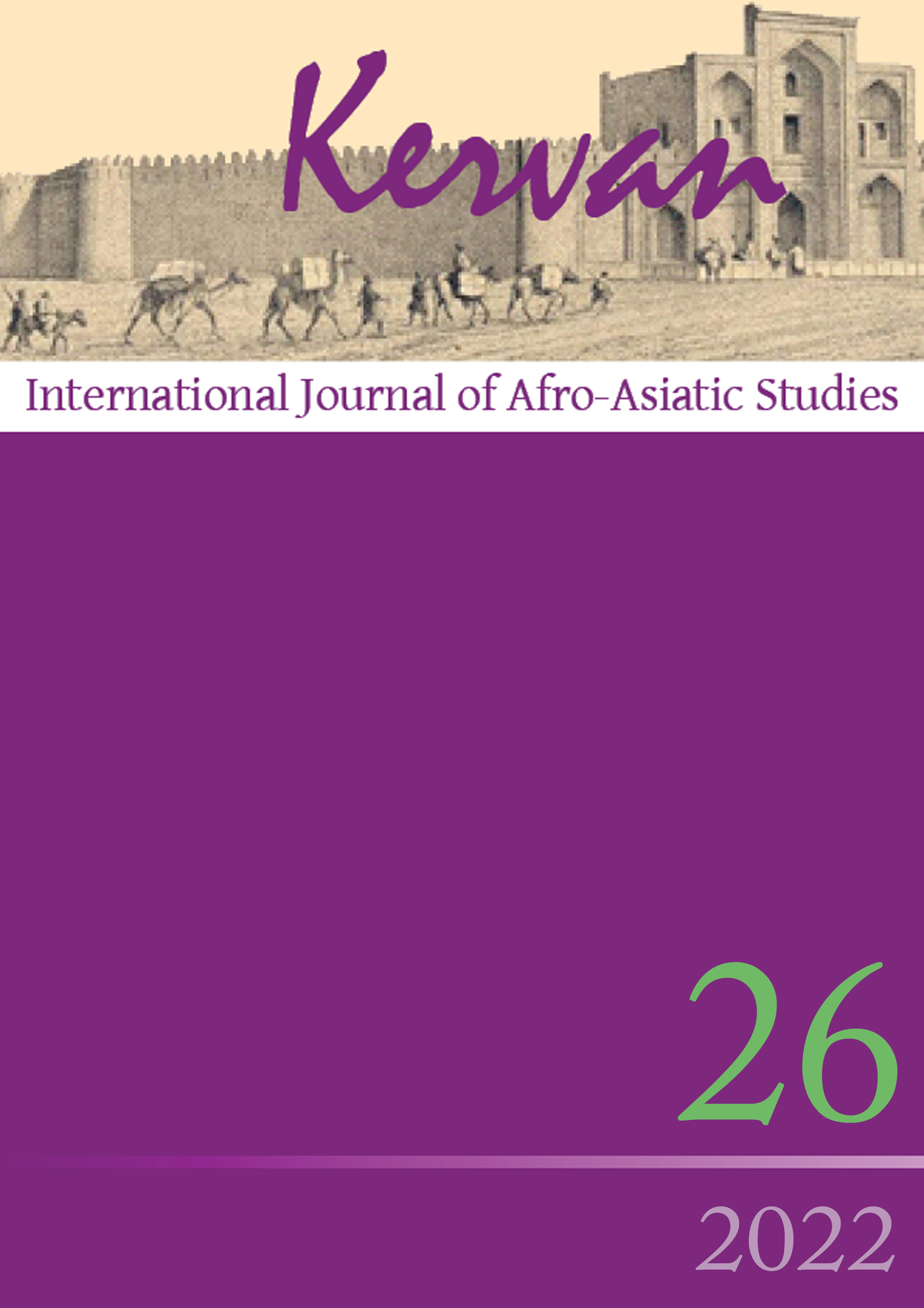Hariśaṅkar Parsāī’s Ham ek umr se vāqif haiṁ: A memoir of the sufferings of an Indian literary satirist
DOI:
https://doi.org/10.13135/1825-263X/7069Abstract
The present work is an attempt at investigating Ham ek umr se vāqif haiṁ (‘I have known for a lifetime,’ 1989) a memoir by Hariśaṅkar Parsāī (1924-1995), commonly deemed as the most outstanding postcolonial Hindī literary satirist (vyaṅgyakār). The study aims at exploring the narrative strategies as well as the socio-cultural and ideological ends pursued by Parsāī in crafting this work. More precisely, much attention is given to the philosophical views of the writer, who consciously decided to avoid the autobiographical form in his writings. Indeed, he deemed the autobiography (ātmakathā) as a genre devoid of any social commitment. On the contrary, he considered memoirs as texts more suitable for conveying ideas on socio-cultural and political issues. Apart from this, considerable emphasis will be placed on the narratives Parsāī developed in this memoir in order to legitimize the socio-cultural function of the satirists, who are authors somehow marginalized by Hindī literary criticism. In order to focus on this issue, the study will engage with the analysis of Parsāī’s aesthetic relationship with the representatives of Nayī Kahānī, the major Hindī literary movement of the 1950s and 1960s.
Downloads
Downloads
Published
Issue
Section
License
Gli autori che pubblicano su Kervan accettano le seguenti condizioni:
- Gli autori mantengono i diritti sulla loro opera e cedono alla rivista il diritto di prima pubblicazione dell'opera, contemporaneamente licenziata sotto una Licenza Creative Commons - Attribuzione che permette ad altri di condividere l'opera indicando la paternità intellettuale e la prima pubblicazione su questa rivista.
- Gli autori possono aderire ad altri accordi di licenza non esclusiva per la distribuzione della versione dell'opera pubblicata (es. depositarla in un archivio istituzionale o pubblicarla in una monografia), a patto di indicare che la prima pubblicazione è avvenuta su questa rivista.


 The articles that have appeared on Kervan since 2016 are rated as Class A in the system of National Scientific Qualification (ASN, disciplines 10/N1 and 10/N3).
The articles that have appeared on Kervan since 2016 are rated as Class A in the system of National Scientific Qualification (ASN, disciplines 10/N1 and 10/N3). The journal has been approved for inclusion in DOAJ. The DOAJ listing of the journal is available at
The journal has been approved for inclusion in DOAJ. The DOAJ listing of the journal is available at  The journal has been approved for inclusion in ERIH PLUS. The ERIH PLUS listing of the journal is available at
The journal has been approved for inclusion in ERIH PLUS. The ERIH PLUS listing of the journal is available at  Kervan was just accepted for indexing in SCOPUS. This important milestone ensures that articles published in Kervan are easily found when searching for library, archives and Information science and it enables Kervan authors to keep track of how often their article has been cited by others.
Kervan was just accepted for indexing in SCOPUS. This important milestone ensures that articles published in Kervan are easily found when searching for library, archives and Information science and it enables Kervan authors to keep track of how often their article has been cited by others.

